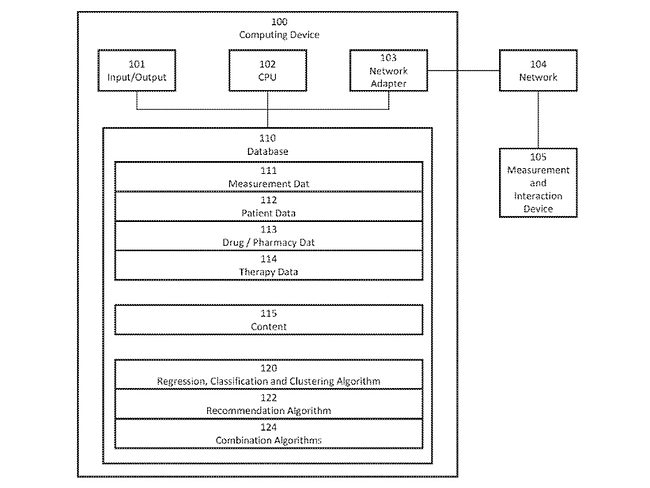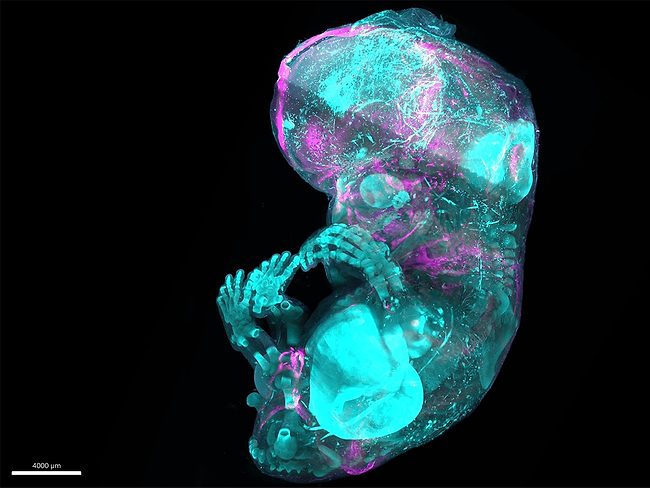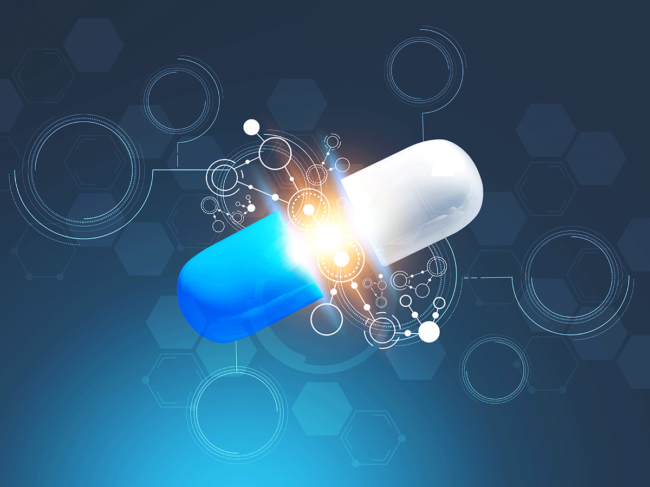
Artificial intelligence, BioWorld
Drug design, drug delivery & technologies
More than 100M cells included in the human cell atlas
Read MoreDrug design, drug delivery & technologies
Chemistry Nobel awarded for 3D protein design, prediction work
Read MoreDrug design, drug delivery & technologies







